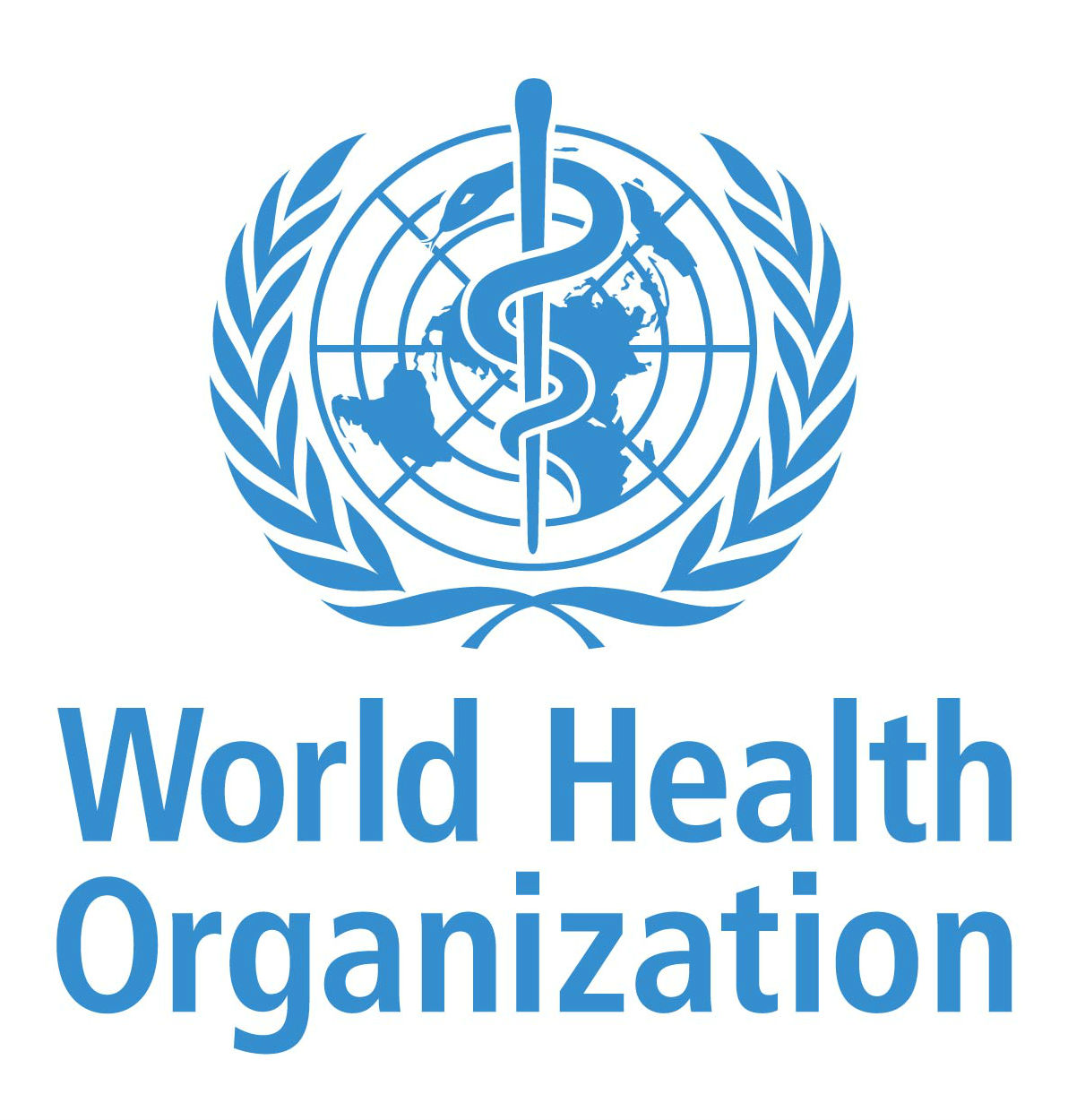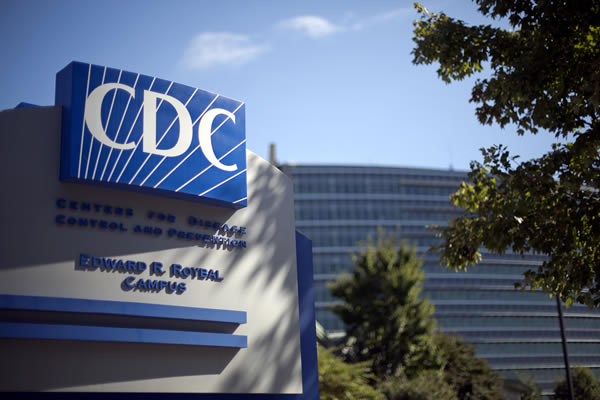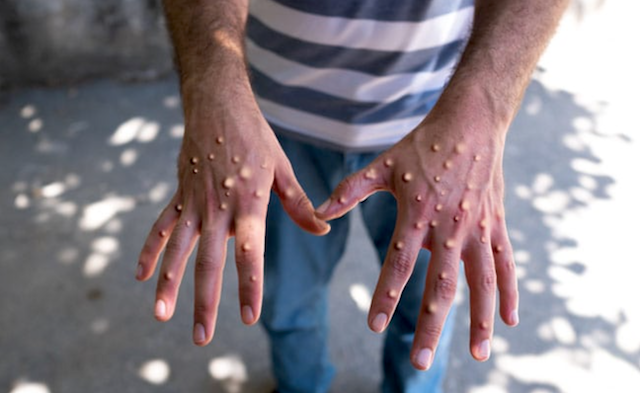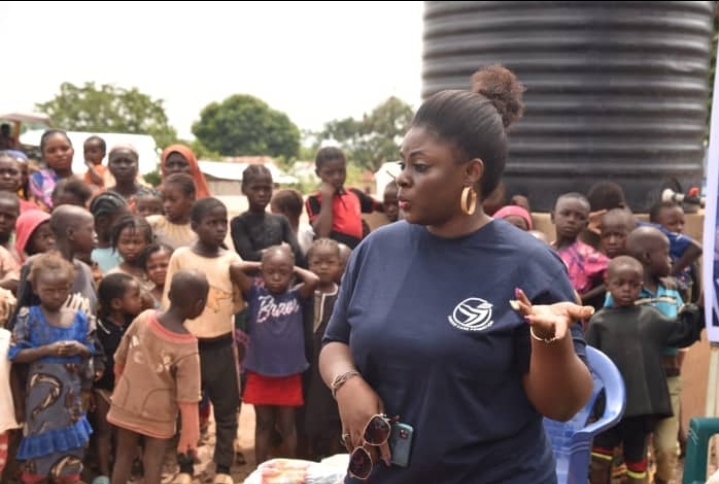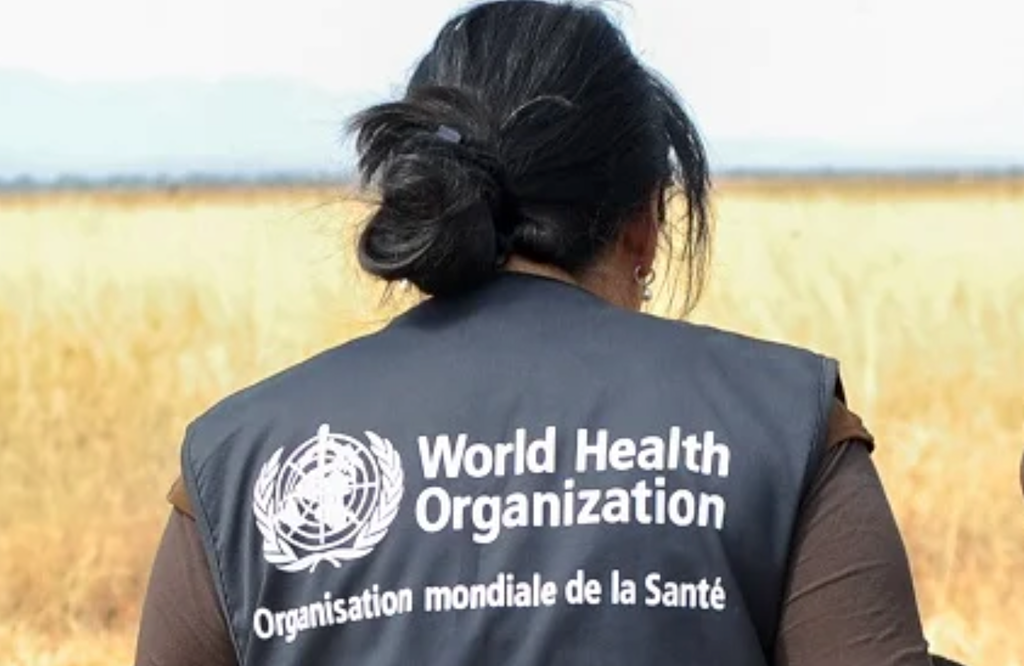Gov. Sheriff Oborevwori of Delta has pledged to make functional healthcare system readily accessible to the people of the state.
The governor made the pledge on Thursday when the State Coordinator of the World Health Organisation (WHO), Dr Faith Ireye, led a delegation to visit him at the Government House, Asaba.
He lauded WHO and other health partners for their consistent support to the growth and development of the health sector in the state and country.
He assured them that he would continue to support their operations to ensure health and overall wellbeing of the people of Delta.
“One of my first actions as governor was to give approval for the rehabilitation of 260 primary healthcare centres situated across the state.
“Our goal is to ensure that functional healthcare centres are readily available to our people, no matter where they reside.
“If there is one global body that has positively touched the lives of people all over the world, it is WHO.
“I deeply appreciate the efforts of WHO to making the world healthier and safer for all of us,” he said.
Oborevwori further said: “as a government, we appreciate your untiring efforts to tackle unmet health needs and confront emerging health problems in communities.
“The relentless advocacy campaigns by WHO to raise awareness on climate change risks to health speak volumes about your commitment and tenacity of purpose.
“We are ever ready to cooperate and collaborate with WHO to develop new areas of policy to respond to and prepare for a rapidly changing climate.
“The strategic thrust of our MORE agenda is to meet the needs of diverse local populations, ensuring that all have a voice, basically making sure that our people come first.
“That demands action on our part to implement measures that protect the environment and also ensure that the health and safety of the population are paramount”.
The governor said that his administration had sustained the free maternal and children-under-five healthcare programme in recognition of the importance that is attached to their wellbeing and survival.
“This is also in pursuance of the Health for All Delta policy in accordance with the mandate of Universal Health Coverage of the United Nations Sustainable Development Goals.
“Furthermore, more than 20 per cent of the population, the highest in the country, are currently enrolled into our health insurance scheme.
“WHO and other healthcare partners can always count on us to extend the frontiers of healthcare delivery and to drive the global action needed to protect health from climate risks, and realise the health benefits of low-carbon energy choices,” the governor said.
Earlier, Ireye congratulated the governor on his ekectoral victory and inauguration as well as confirmation by the election petitions tribunal.
She lauded the State Government for its free medical treatment for children under five and pregnant women and for providing free supplements and nutrients for under-nourished children in the state.
She said that such noble initiative by the government should be sustained.
Ireye acknowledged the support of the State Government to WHO in the realisation of its core mandate.
According to her, healthcare workers in the state have started the integration of primary healthcare service.
“What this means is that if an officer is going for an outreach somewhere, he doesn’t just carry only routine items.
“He takes other interventions along because he is meeting almost the same people that he is expected to meet,” she said.
The WHO coordinator called for the revitalisation of the primary healthcare system, saying that it was critical for sustainable healthcare development because it would make the integration of essential services work very well.
“Human resource is a big issue not only in Delta, but in the whole country and the few we have are all moving away.
“We need to address it because if you go to some of our facilities, we have just one person.
“One person is not a magician that would be able to address the health care needs of the people.
“We need to look at that issue critically.
“And when we talk of human resource, we talk of human health care revitalisation,” Ireye said.
She also disclosed that there was an urgent need to amend the law that established the Primary Health Care Development Agency in the state.
“How can the Executive Secretary, who is a medical doctor or a public health expert, heading the Health Department in the LGA, be under the State Primary Health Care, while the other healthcare staff are under the Local Government Service Commission?
“How do we function under this arrangement? We need to look at it.
“The Contributory Health Scheme is good and Delta is well ahead of many states; yet, we still need to look at it.
“We need to increase enrolment in the private sector,” she said.
Ireye further said: “Delta is one of the two states in this country that TB services are not included in the Contributory Health Insurance Scheme.
“We need to include TB services in the health insurance scheme, when we are reviewing or amending the law”
